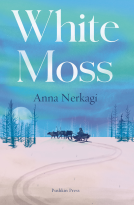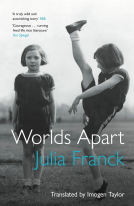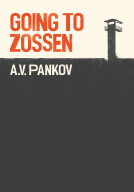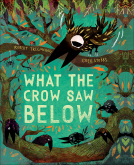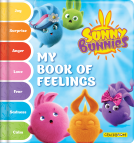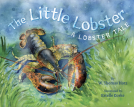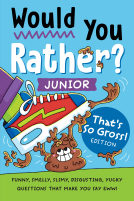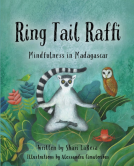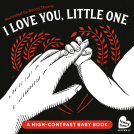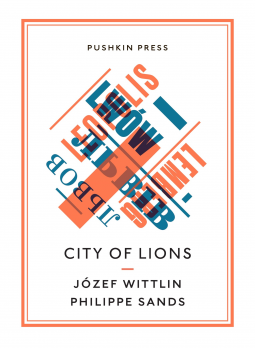
City of Lions
by Jozef Wittlin; Philippe Sands
This title was previously available on NetGalley and is now archived.
Send NetGalley books directly to your Kindle or Kindle app
1
To read on a Kindle or Kindle app, please add kindle@netgalley.com as an approved email address to receive files in your Amazon account. Click here for step-by-step instructions.
2
Also find your Kindle email address within your Amazon account, and enter it here.
Pub Date Mar 21 2017 | Archive Date Dec 09 2016
Pushkin Press | Pushkin Collection
Description
Available Editions
| EDITION | Other Format |
| ISBN | 9781782271178 |
| PRICE | $18.00 (USD) |
| PAGES | 144 |
Average rating from 7 members
Featured Reviews
 Mandy J, Reviewer
Mandy J, Reviewer
This short book comprises two illuminating and thought-provoking essays, written 50 years apart by two very different writers, but both having as their theme the same city, Lviv, as it is now known, a city which has had many different names over the years dependent on the political situation. The first essay is by Jozef Wittlin who left in the 20s and looks back on the city that continued to haunt him. First published in Polish in 1946, it is here translated into English for the first time. The second essay is by the human rights lawyer Philippe Sands who visits the city in 2016 and confronts the places where his long-lost family were exterminated in WWII. Both essays are suffused with nostalgia, melancholy and loss and make for some very moving reading. This beautiful city has witnessed so much horror and barbarity over the years, and the carefully selected photographs add to the pervasive feeling of sadness. A thoughtful and engaging volume, which with its parallel accounts brings the city to life very effectively .
 Brooke W, Reviewer
Brooke W, Reviewer
"City of Lions" consists of two evocative essays written 70 years apart. Both look at the city now known as Lviv (and now part of Ukraine), a city constantly shifting yet forever haunted by the past. Recommended for anyone interested in Central/Eastern European history and literature.
Readers who liked this book also liked:
Carine Laforest;
Children's Fiction
W. Thomas Hotz, illustrated by Estelle Corke
Children's Nonfiction, Outdoors & Nature, Science
Editors of Happy Fox Books
Children's Fiction, Children's Nonfiction, Crafts & Hobbies
